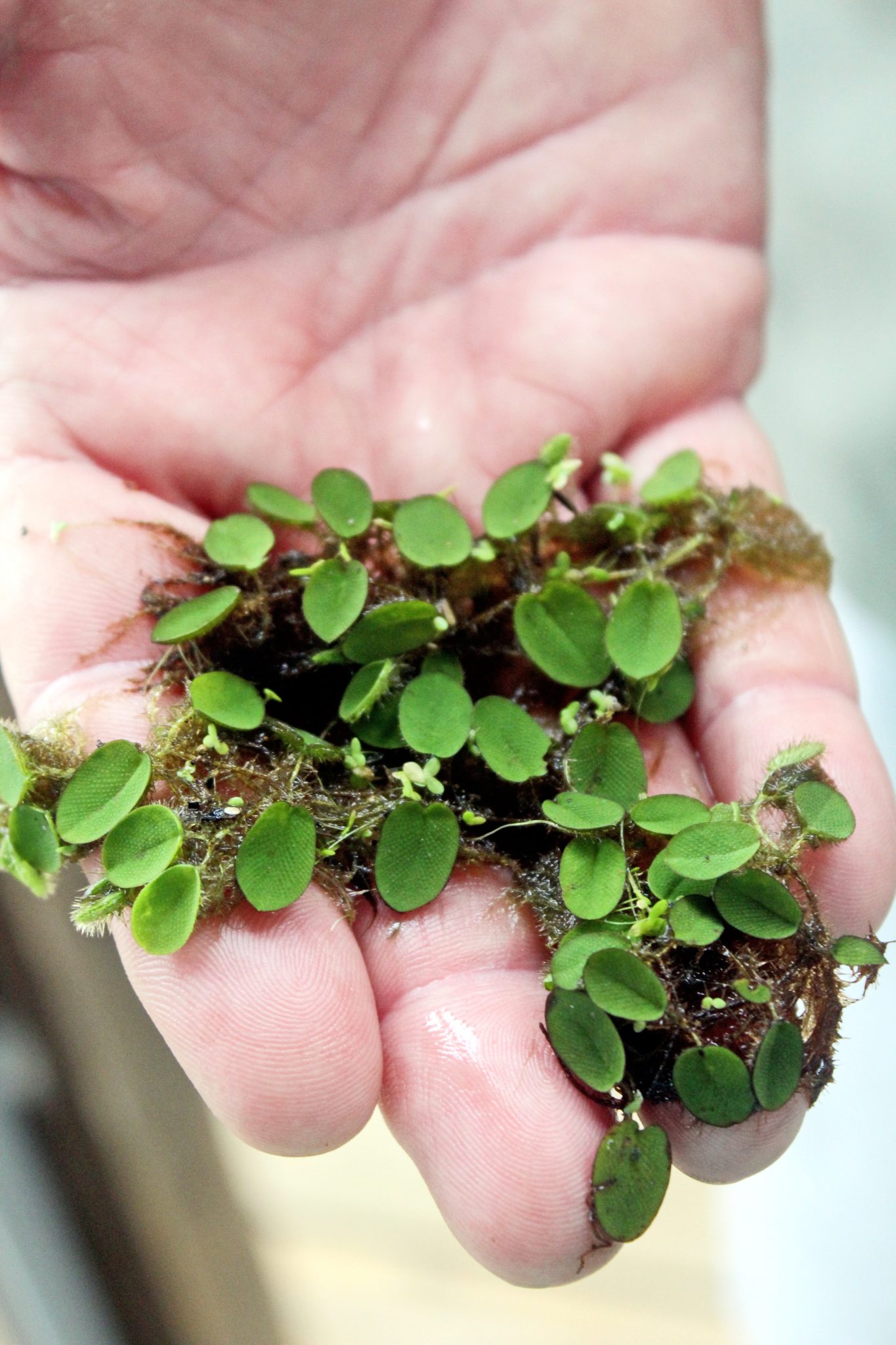316
Officials with the Louisiana Department of Wildlife and Fisheries say they continue the fight against giant salvinia on Lake Bistineau; however, it is an ongoing issue that will be for years to come.
Jeff Sibley, LDWF biologist supervisor for inla
Salvinia fight topic of Bistineau meeting
previous post




